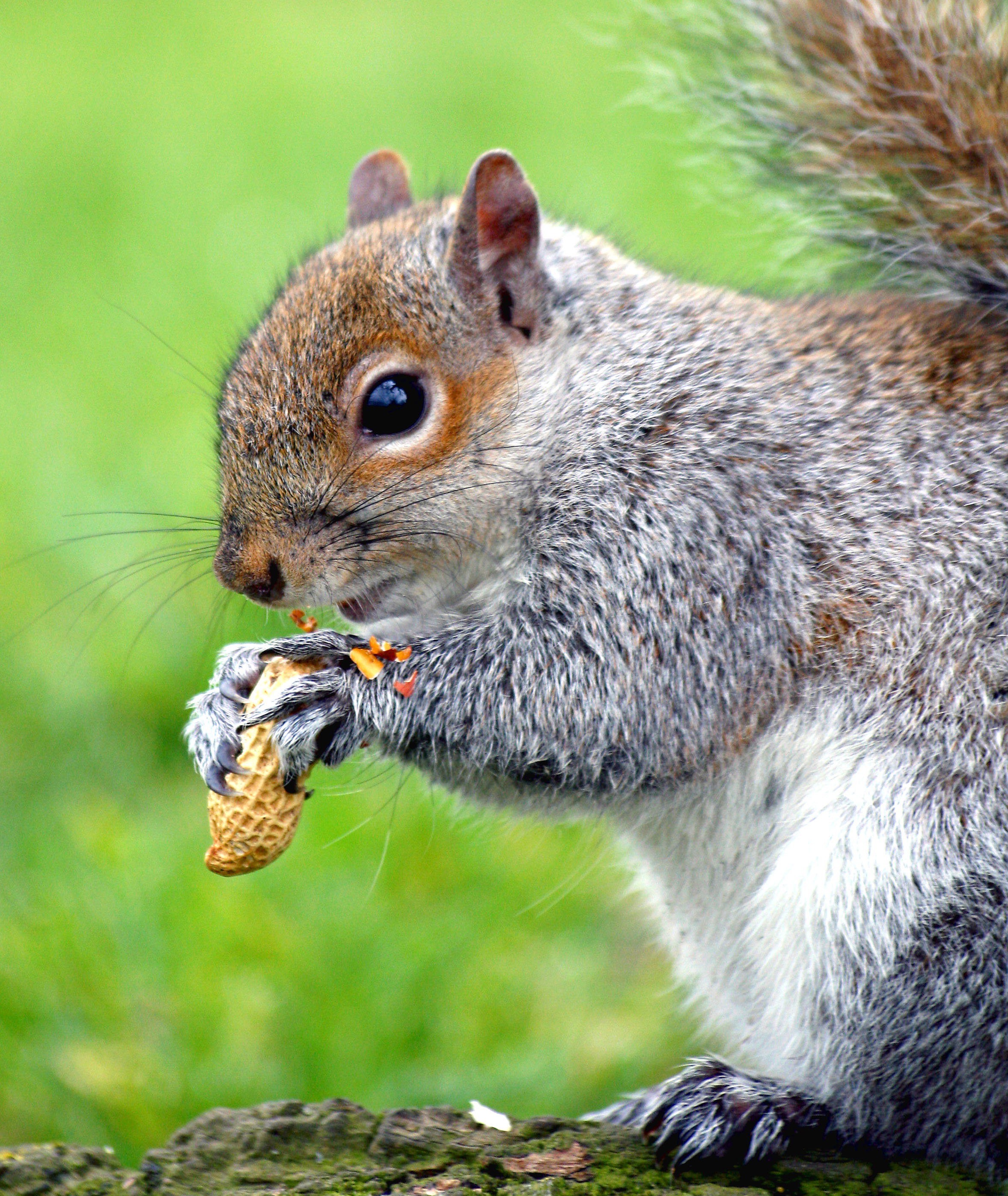After my rainy arrival in Teddington the weather continued variable. Mostly we stayed indoors, although Thomas picked up his umbrella and his mother's rubber shoes at one point, telling us he wanted to play in the garden. He talks and sings entertainingly now, just as his brother did at that age. Alexander and I played a game of chess and read
Paddle-to-the-Sea, the Canadian children's classic written in 1941, but still good. We even found episodes of the film on Youtube. We all watched a BBC programme
about vegetable harvesting, more interesting than you'd think.

On Monday I travelled through London to return to Cardiff. The sky was blue that morning and to my delight, when I reached Waterloo I still had an hour and a half to catch my next train, so could walk down to the Thames on the way, seeing the London Eye, Big Ben, Westminster Abbey and the Houses of Parliament. Then crossing the Hungerford footbridge with my not too heavy luggage I saw the Thames boats and barges and the view down the river to St. Paul's Cathedral, nowadays dwarfed by nearby skyscrapers, which is not what Sir Christopher Wren intended.

From the Embankment tube station I took the Bakerloo line to Paddington and reached Cardiff (Whitchurch) in time for lunch at the Café Katz with Mum while the showers went through. She had met me off the bus. In the afternoon we ordered a new mattress for her bed and a magnifying glass on a stand. I did some gardening for her which was just as well as I didn't get another chance; it rained all the next day. We were drenched going shopping, after talking to a lady from
Dusters who I hope will be cleaning Mum's house for her soon. That evening, being Tuesday, was the Pub Quiz night in Gwaelod y Garth, at the
Gwaelod Inn (before which Mel cooked a wonderful supper for us complete with chanterelles he'd picked himself in the local woods, and my sister's plum crumble). Our team, "Mrs Pepperpot's Crew," came second to the usual champions, because we weren't very good at identifying examples of
Soul Music.
 |
| The beach at Rest Bay |
Wednesday was my last day in Wales. Mel joined us for lunch at the Deli-A-Go-Go a place I've failed to mention in my blog before, so I'm putting
a link to it here and now. It sells Welsh (e.g. Perl Wen) cheese and other gourmet foods and drinks and has won a Best Bistro of the Year award more than once, justifiably so. Then we rode in Mel's car to Porthcawl (i.e.
Rest Bay and Pink Bay) for an exciting walk by the sea, so exciting indeed that three of us fell in. Mum was the last to dry off but was unharmed and very uncomplaining for a 94 year old. She had fun scrambling over the rocks, too.
Meanwhile, other people were kitesurfing on the incoming tide.
I enjoyed my journey home on Thursday too, finding a surprisingly tasty lunch at the
Rhubarb "British restaurant and bar" in Heathrow's Terminal 3, then, on the flight, watching
Much Ado About Nothing in a modern (black and white) American context, as well as the latest (very colourful) version of
The Great Gatsby and part of Burtynsky's
Manufactured Landscapes, a documentary about his photography projects in China. With no luggage to collect from the hold, I was the first person through customs at Ottawa, and so back to normality.












